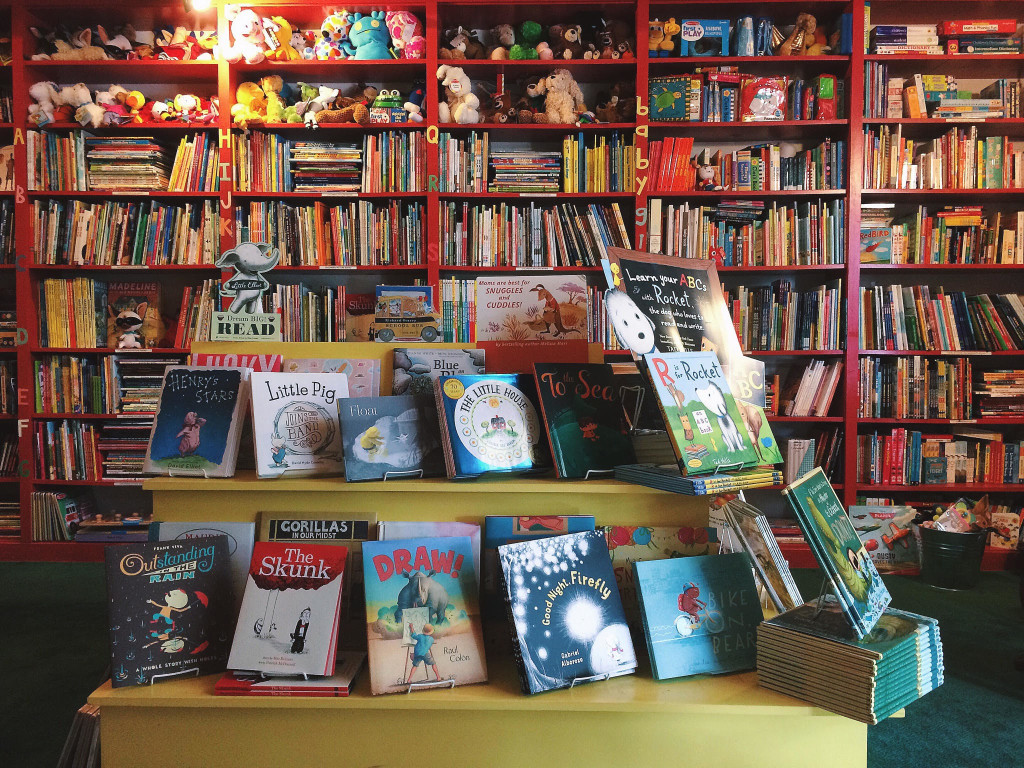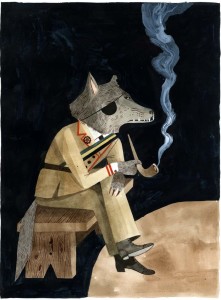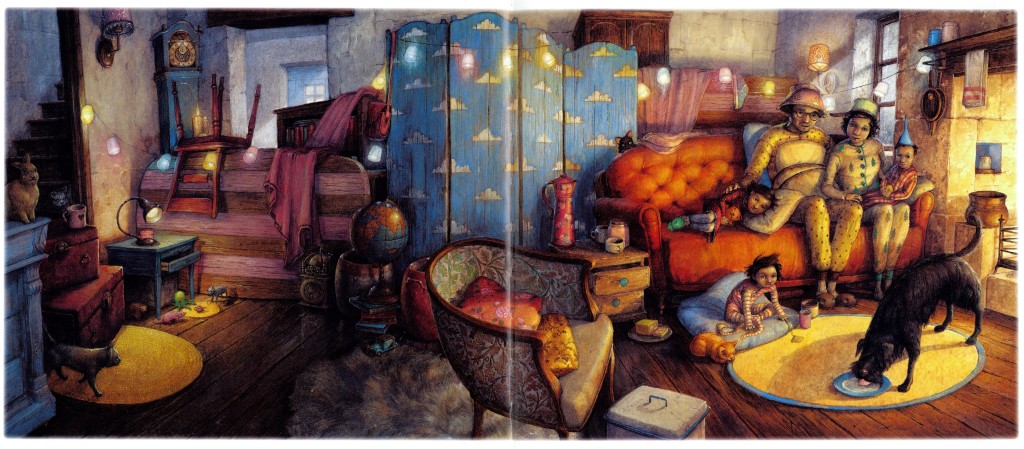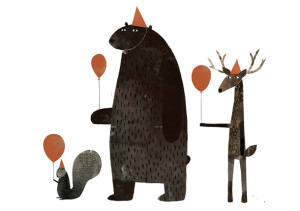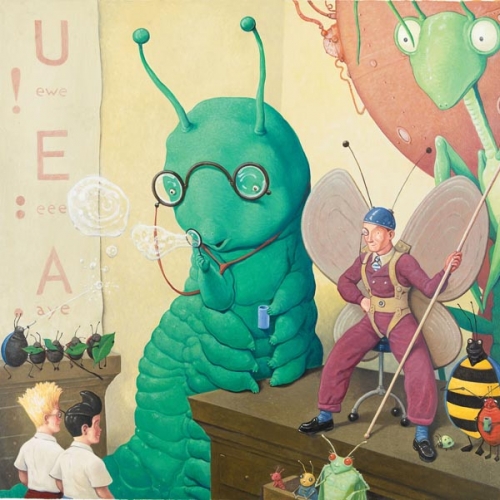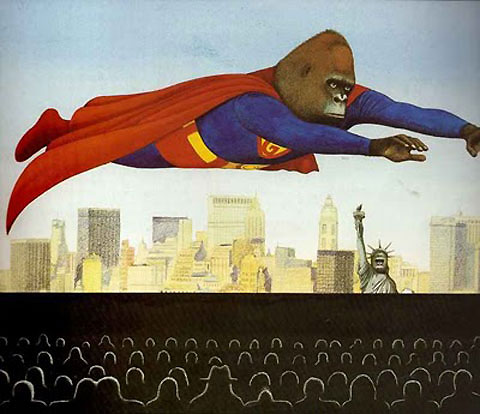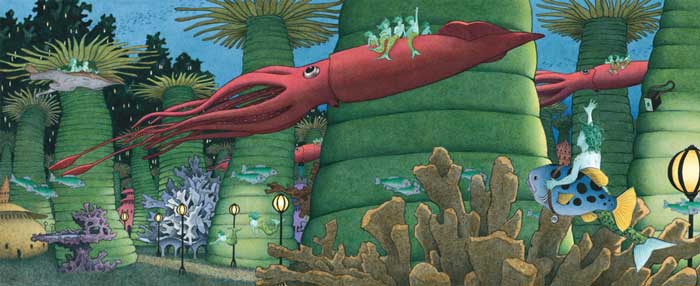by Andrew Hedglin
I have seen a lot of copies of Harper Lee’s new/old novel Go Set a Watchman sold in the past week or so. It has been a lot of fun to see it happen, because I’ve only been working at the store for a month and a half, and this has been the biggest “event” that I’ve had the opportunity to be a part of. I mean, besides the fact that I’m of the opinion that we should have weekly meetings where Mr. Howard Bahr narrates all of the titles from our southern fiction section, I’ve always had a soft spot for seeing other people get excited about reading. Those who do are my type of people.
Most people who have bought the book did so, I suspect, to be part of the experience, to catch onto the literary zeitgeist. To Kill a Mockingbird is part of the American culture, to say nothing of the Southern one. Marja Mills, in The Mockingbird Next Door, explains that the book is “required reading for at least 70 percent of U.S. high school students. The novel became a classic at the same time as it defied Mark Twain’s definition of one: ‘a book people praise and don’t read.’” TKAM doesn’t punish or mystify students like so many worthwhile literary lights that are forced upon us at those tender ages. It’s been popular during this time of wild reassessment to criticize the book on that account, but it’s not just on moral standing that goes down easy: there’s a humour and adventure to the narrative that Twain himself, for one, understood at his best.
But the trepidation for Watchman doesn’t lie with the majority who simply enjoyed it, or the bafflingly large contingent of the 30% who haven’t read TKAM who have confessed their status to me in the last month. It’s not even for those with the reserved and academic concern about Lee’s dubious assent to Watchman’s publication, although that aspect bears mentioning. My best guess, based on the available information and my impression of Lee’s character from Mills’ book, is that Lee’s enthusiasm for the project is probably real but likely inconstant, and would have been so even if she had been in the best of health. But her health does serve as a shield for her other main concern for following her masterpiece: she doesn’t much care for publicity, scrutiny, or being taking advantage of by those who merely seek to use her celebrity to further their own ends. I will says it seems she and her sister Alice do and did care a great deal about their family’s reputation, and the automatic assumption that their attorney father, A.C. Lee equals Atticus Finch is going to raise a few eyebrows in his legacy’s direction.
The real fear, though, is felt by the people who care too much. It’s for the people who have let Finch-ian ideals of equality and fairness illuminate their paths. People who may have named their kin Harper, Scout, or especially Atticus. The people who don’t want to sully their memories, or those hoping for the best and bracing for disappointment.
This has nothing to do with the quality of the novel, which is actually a lightly-edited first draft of Mockingbird. Watchman shines at first with Lee’s trademark style and fearlessness, but does feel unpolished and unfinished, especially by the end. But, no, that’s not where this real fear springs from at all.
Perhaps you’ve heard some things about our man who made the implausible incarnate, the task of making a hero out of a lawyer. The super-shot who laid down his rifle out of fairness to birds, the suffering and spat-upon servant of decency who taught Maycomb that everybody deserved a fair defense in the court of law. Could he really be a racist like the newspapers say he was?
Yes, I’m afraid to report. It seems incontrovertibly so.
Because Lee’s characters and story were so based on real and true and important feelings and experiences, I get the feeling that they were more realized than might be typical in a first draft. It seems more likely, to me at least, that time and the circumstances of the 1950s changed or revealed Watchman Atticus’s attitudes even more than the editor’s red pen from (or to, depending on how you look at it) the Mockingbird Atticus. There is one critical detail about the Tom Robinson trial that makes all the difference between the two men (and that does seem edited more than evolved- I won’t say what it is, you’ll have to read it for yourself) but if you mentally squint, you can read it as Scout’s unreliable memory from childhood if you need for the two versions to be reconciled.
Anyway, I’d argue that you, the reader closely guarding Mockingbird to your heart, have the most power to be affected by this novel. The closer the relationship the reader has with Atticus, the more it mirrors how Scout (now Jean Louise) feels about her father. What happens to her will happen to you. But be warned: whereas Mockingbird leaves us with answers, noble if maybe too neat, Watchman leaves us with questions.
There’s this really great moment in Wright Thompson’s 2012 ESPN documentary “Ghosts of Ole Miss” about James Meredith in 1962 where Thompson is leafing through a scrapbook (while wearing a ridiculous white reporter hat indoors), and notices he thinks he sees a relative in the midst of a mob harassing Meredith. He can’t tell if that’s so, but ultimately won’t ask his suspected relative, because “there are questions a Mississippian won’t ask, but they’re not prepared to hear an answer.” He later intones, “So what is the cost of knowing the past? Perhaps it’s that people can be hurt.” But you know, I thought in October 2012 and I think now, that if we fail to confront the racism of our past, if we hide is blissful ignorance, then people will continue to be hurt—and more substantially.
Watchman itself suggests that we, like Jean Louise, can embrace those ideals of fairness and equality we learned from kindly original Atticus, without deifying or idealizing their progenitor. Even the values themselves, while remaining true and necessary, may not be wholly adequate to achieve their ends. We can start with them and develop other complex, active values for the times we face. Or, at the very least, measure the value of what we found on our first trip to Maycomb. If the journey was worth taking once, I hope you’ll join me in taking it again.
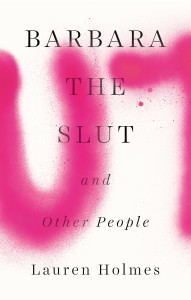 Short stories are the red-headed stepchild of books. Where’s the payoff? The well-honed characters? It’s hard to be swept away in 20 pages. I get it. But sometimes I cheat on my diet of lengthy novels for a candy-sized quick fix. I want something weird and uncanny and I want it fast.
Short stories are the red-headed stepchild of books. Where’s the payoff? The well-honed characters? It’s hard to be swept away in 20 pages. I get it. But sometimes I cheat on my diet of lengthy novels for a candy-sized quick fix. I want something weird and uncanny and I want it fast.

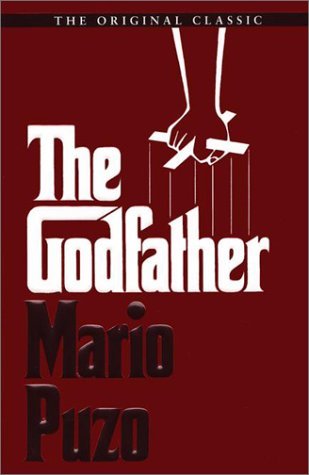
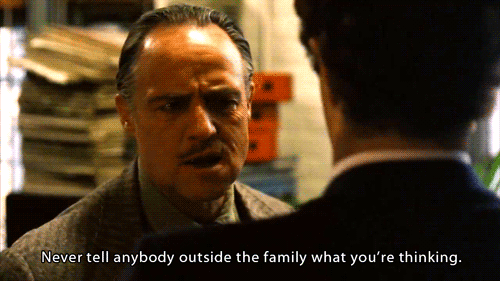
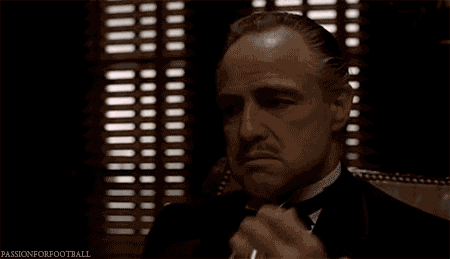
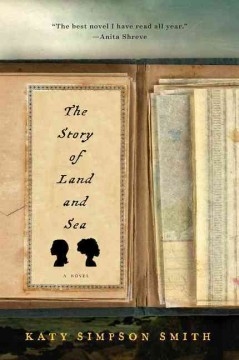
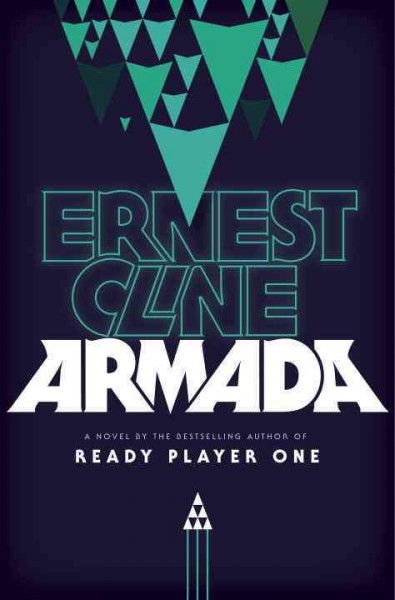

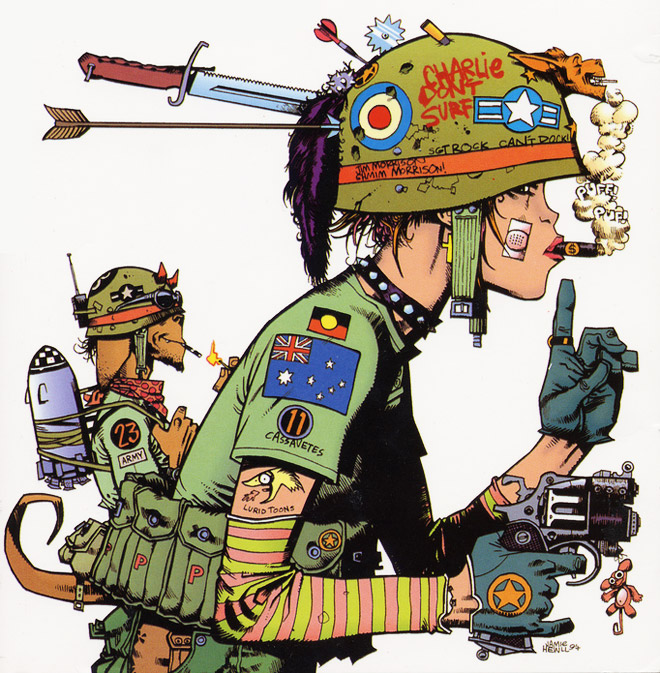
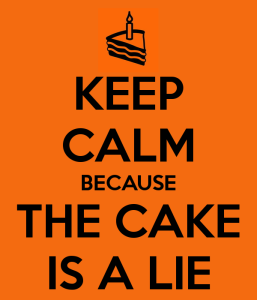 It does, however, have a plot twist that’s bound to surprise. As the meme from the game Portal is weaved into Armada: The Cake is a Lie!
It does, however, have a plot twist that’s bound to surprise. As the meme from the game Portal is weaved into Armada: The Cake is a Lie!
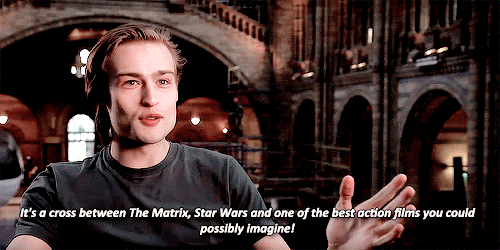
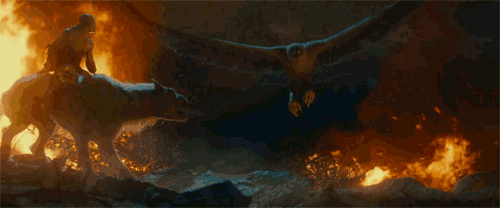 I hope you find this new swing in pop culture as exciting as I do. Come celebrate this nerd pride with us tonight at 5:00 in our .dot.com building and meet Ernest Cline himself. We’ll be the ones in the corner selling copies of Armada, Ready Player One, awesome merch, and quoting The Breakfast Club or arguing with you about the over use of the eagles in The Lord of the Rings. We would love to nerd out with you.
I hope you find this new swing in pop culture as exciting as I do. Come celebrate this nerd pride with us tonight at 5:00 in our .dot.com building and meet Ernest Cline himself. We’ll be the ones in the corner selling copies of Armada, Ready Player One, awesome merch, and quoting The Breakfast Club or arguing with you about the over use of the eagles in The Lord of the Rings. We would love to nerd out with you.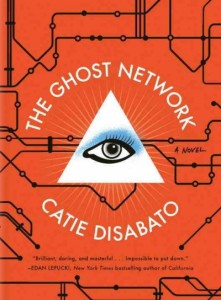
 Throughout the investigation, Disabato clues the reader into the activities of a secret society, their motives and methods, and weaves real world history, geography, and pop culture into their intrigue. I almost feel sorry for anyone that picks this book up after 2015, because it is meant for a right now audience. The missing diva is clearly a stand in for our world’s Lady Gaga, but with a side of conspiracy, and the characters looking for her could be any number of her devoted fans, served with heaping helpings of free time, an extra order of natural detective ability, and an insatiable appetite for pop.
Throughout the investigation, Disabato clues the reader into the activities of a secret society, their motives and methods, and weaves real world history, geography, and pop culture into their intrigue. I almost feel sorry for anyone that picks this book up after 2015, because it is meant for a right now audience. The missing diva is clearly a stand in for our world’s Lady Gaga, but with a side of conspiracy, and the characters looking for her could be any number of her devoted fans, served with heaping helpings of free time, an extra order of natural detective ability, and an insatiable appetite for pop.
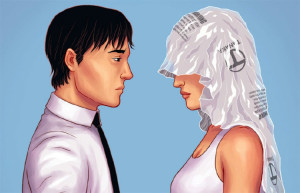
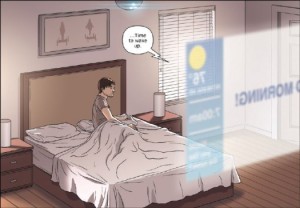 The landscape of
The landscape of 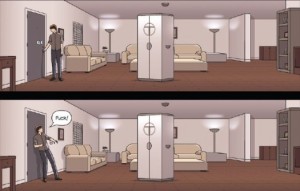 The story jack-knifes into a world of hackers and government officials. Of unlikely romance. Of insatiable sci-fi drama. What at first seems to be a predictable story is anything but.
The story jack-knifes into a world of hackers and government officials. Of unlikely romance. Of insatiable sci-fi drama. What at first seems to be a predictable story is anything but.

